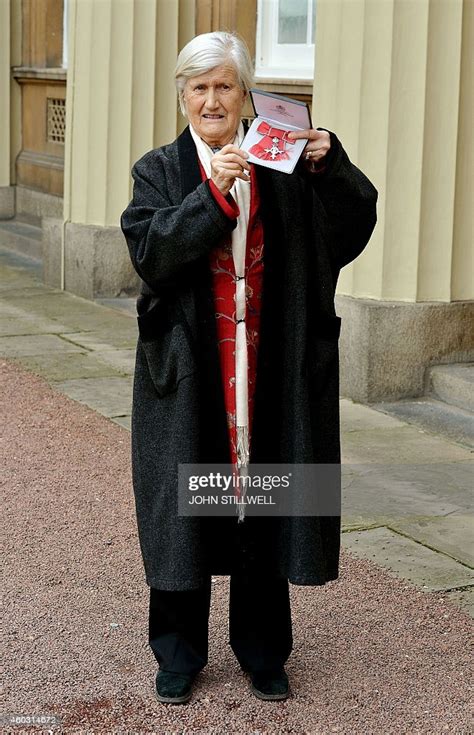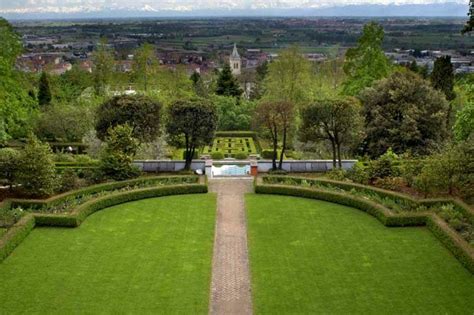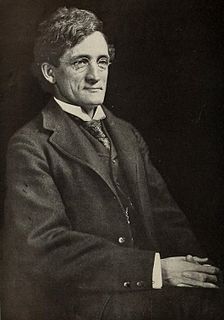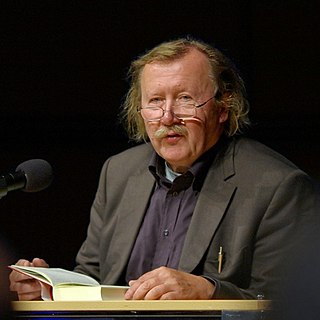A Quote by Penelope Hobhouse
The first western gardens were those in the Mediterranean basin. There in the desert areas stretching from North Africa to the valleys of the Euphrates, the so-called cradle of civilization, where plants were first grown for crops by settled communities, garden enclosures were also constructed. Gardens emphasized the contrast between two separate worlds: the outer one where nature remained awe-inspiringly in control and an inner artificially created sanctuary, a refuge for man and plants from the burning desert, where shade trees and cool canals refreshed the spirit and ensured growth.
Quote Topics
Africa
Also
Areas
Awe
Awe-Inspiring
Between
Burning
Canals
Civilization
Communities
Constructed
Contrast
Control
Cool
Cradle
Created
Crops
Desert
First
Garden
Gardens
Grown
Growth
Inner
Man
Mediterranean
Nature
North
North Africa
Outer
Plants
Refreshed
Refuge
Remained
Sanctuary
Separate
Settled
Shade
So-Called
Spirit
Stretching
Those
Trees
Two
Valleys
Were
Western
Worlds
Related Quotes
The purpose of life for man is growth, just as the purpose of life for trees and plants is growth. Trees and plants grow automatically and along fixed lines; man can grow as he will. Trees and plants can only develop certain possibilities and characteristics; man can develop any power which is or has been shown by any person anywhere. Nothing that is possible in spirit is impossible in flesh and blood. Nothing that man can think is impossible. Nothing that man can imagine is impossible of realization.
Bad Gardens copy, good gardens create, great gardens transcend. What all great gardens have in common are their ability to pull the sensitive viewer out of him or herself and into the garden, so completely that the separate self-sense disappears entirely, and at least for a brief moment one is ushered into a nondual and timeless awareness. A great garden, in other words, is mystical no matter what its actual content.
A handful of men working within the Zen sect of Buddhism created gardens in fifteenth-century Japan which were, and still are, far more than merely an aesthetic expression. And what is left of the earlier Mogul gardens in India suggests that their makers were acquainted with what lay behind the flowering of the Sufi movement in High Asia and so sought to add further dimensions to their garden scenes.
The pleasure of eating should be an extensive pleasure, not that of the mere gourmet. People who know the garden in which their vegetables have grown and know that the garden is healthy will remember the beauty of the growing plants, perhaps in the dewy first light of morning when gardens are at their best. Such a memory involves itself with the food and is one of the pleasures of eating. (pg. 326, The Pleasures of Eating)
Plants were bound for good or ill to their places. They expressed not only beauty but also the thoughts of God's world, with an intent of their own and without deviation. Trees in particular were mysterious and seemed to me direct embodiments of the incomprehensible meaning of life. For that reason, the woods were the places where I felt closest to its deepest meaning and to its awe-inspiring workings.
The Arabs understandably did everything they could to protect their monopoly. Coffee beans were treated before being shipped to ensure they were sterile and could not be used to seed new coffee plants; foreigners were excluded from coffee-producing areas. First to break the Arab monopoly were the Dutch, who displaced the Portuguese as the dominant European nation in the East Indies during the seventeenth century, gaining control of the spice trade in the process and briefly becoming the world's leading commercial power.
Indian monks were the first to choose the garden as the proper setting for their lives, which were devoted to the
contemplation of the divine; but with a prophetic eye we may see that the garden will often be dedicated in a
like manner: at a later time Greek philosophers, and monks in early Christian days, will retire into their
gardens for united, yet silent, contemplation.
People were so naive about plants, Ellie thought. They just chose plants for appearance, as they would choose a picture for the wall. It never occurred to them that plants were actually living things, busily performing all the living functions of respiration, ingestion, excretion, reproduction---and defense.






































